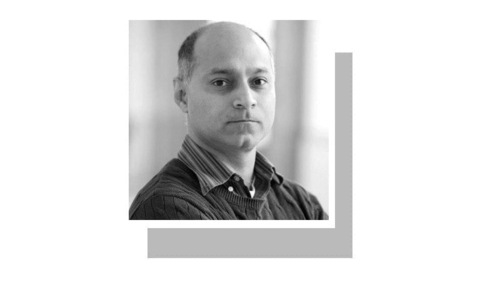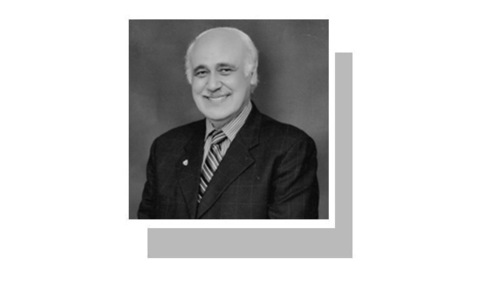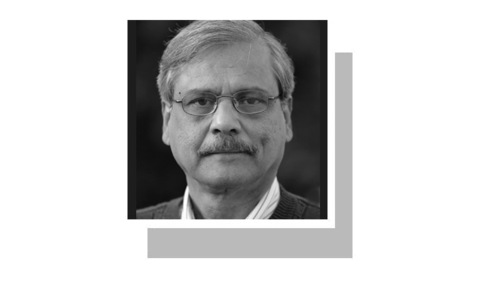MOSCOW: With each coalition bomb that strikes Iraq and each new victim of the US-led war, the mood among Russia’s up to 20 million Muslims grows darker.
No less explosively came the call this week by Supreme Mufti Talgat Tadzhuddin to support a jihad, or holy war, against the United States.
The cleric stopped short of directly calling the Muslim population to take up arms but said money would be raised “to buy weapons for the struggle against America”.
At the state level, Russia opposes the war but wants to remain a partner of the United Sates, officials including President Vladimir Putin have said in recent days.
At the same time, religious unrest among Muslim communities on the Volga, in the south Urals and the Caucasus is a haunting scenario for the Kremlin, which treads a fine line in the governance of Russia’s multi-ethnic and multi-religious regions.
Muslims account for up to one seventh of the national population, and state authorities made great efforts in the past two decades to keep a tight rein on separatist and fundamentalist tendencies.
As a rule, leading clerics like Tadzhuddin are loyal to the official line. But with passions presently running high, his words found particular resonance in the North Caucasus. Already massively destabilised by years of conflict in the predominantly Muslim republic of Chechnya, the region is regarded as a powder keg on Russia’s southern border.
A reported 23,000 Muslims took to the streets of the constituent republic of Dagestan on Friday to decry the Iraq war. Thousands are also said to have come forward as volunteers to fight the coalition forces.
Dagestan borders on Chechnya, where mufti Akhmad Kadyrov in 1995 called upon the local population to rise up in jihad against the Orthodox Russians.
He later changed his allegiances and was appointed by Moscow to head the republican administration. But the bloody conflict between Christian Russians and Muslim Chechens is still not resolved. The latest victims were eight workers killed by a mine attack on a bus Thursday in the regional capital Grozny.
But Tadzhuddin is not the only influential Muslim leader, and moderate colleagues across the country have tried to contain potentially dangerous reactions. In the republic of Ingushetia, mufti Magomed-Khadzhy Albogatchiyev stresses that neither the war in neighbouring Chechnya nor Iraq has anything to do with religion.
In a hasty reaction to Tadzhuddin’s remarks, Russia’s Council of Muftis said it regretted that “some people among Russia’s Muslim population seek not peace in Iraq but a third world war”.
Justice officials also stepped in to nip developments in the bud, warning the cleric that further incitement of that nature will draw prosecution under the law on extremism.
And while President Putin has been criticised in the past for being slow to react to events, he immediately followed Tadzhuddin’s remarks with an appeal for restraint.
Emotions must not be allowed to run out of control, whatever one’s feelings about Iraq, Putin said.—dpa













































Dear visitor, the comments section is undergoing an overhaul and will return soon.